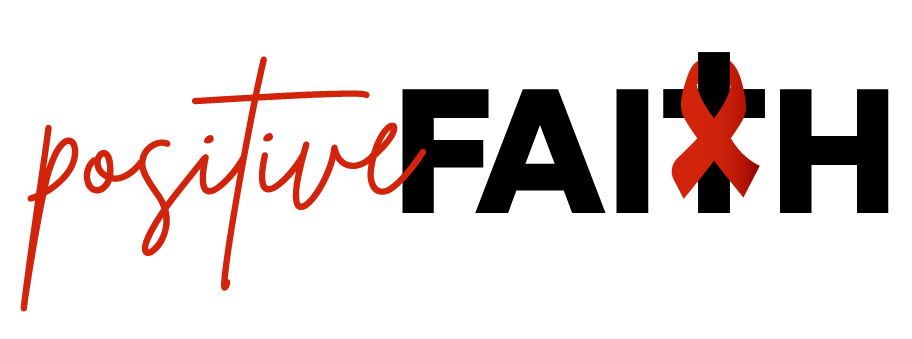Innovative and compassionate responses to critical social issues
Empowering People Living with HIV
As described in detail in previous reports, by any measure – PLWH in Great Britain and Ireland are amongst the poorest people in our society – a little known fact outside the HIV sector.
Socio-economic disadvantages related to immigration status, poverty, homelessness, etc… intersect with issues of race and sexual orientation or old-age in the lives of our members.
For many poor mental-health is the result of past-trauma, family separation or rejection. Not only but particularly for some Gay men addiction is part of their story. For others, a late HIV diagnosis has resulted in additional long-term disability.
Each of these situations and issues present a series of challenges to overcome. To be homeless is to be isolated. To be without family in a foreign land is to be alone. To have suffered the ravages of war or hunger or endured torture because you have been trafficked or because of your sexual orientation is to be oppressed.
The majority of our members have already experienced life at sites of suffering. An HIV diagnosis and the stigma attached to HIV make each of these situations much more difficult. Prejudice, discrimination, ignorance and judgement in families, wider society and in the churches, are the external manifestation of HIV stigma which further excludes PLWH.
Internalised stigma whereby a person turns these judgements and prejudices in upon themselves render many silent. Remaining fearful or ashamed keeps a person psychologically, socially and spiritually isolated.
In his ‘Nazareth Manifesto’ (2015) Sam Wells argues convincingly that it is not mortality but isolation which is the greatest human predicament – our greatest fear is not death, but the fear of being abandoned, of being left totally alone.
Our priority over the three years of this Porticus Grant has been to reach out to PLWH and invite them into community. Where they are accepted and not judged. Where the many personal, psychological, social, economic, material, and spiritual challenges that they face – whatever these are – can be shared and addressed honestly as people also living with HIV.
This has been CAPS priority. To be a community of friends where each person is allowed to make sense of these experiences of suffering and learn from each other. To confront their fears and challenges and find the encouragement to overcome them.
With Porticus support we have established & continue to maintain two new groups during the course of the Grant period: Our Positive Faith Group meetings in the East of England, and our Gay Men’s Group in London have both started because of needs expressed by our members and are led by our members.
Over the last 3 years, CAPS/PositiveFaith has provided:
| Number of POSITIVE FAITH SUPPORT GROUPS (ACTUAL / IN-PERSON) ALL: 191 | Typical Attendance per group meeting | |
|---|---|---|
| LONDON (4 x Monthly) | 134 | 21 PLWH |
| MANCHESTER (1 x Monthly) | 33 | 14 PLWH |
| CAMBRIDGESHIRE (1 x Monthly) | 24 | 4 PLWH |
| POSITIVE FAITH VIRTUAL (ZOOM – monthly) | 36 | 12 PLWH (International) |

